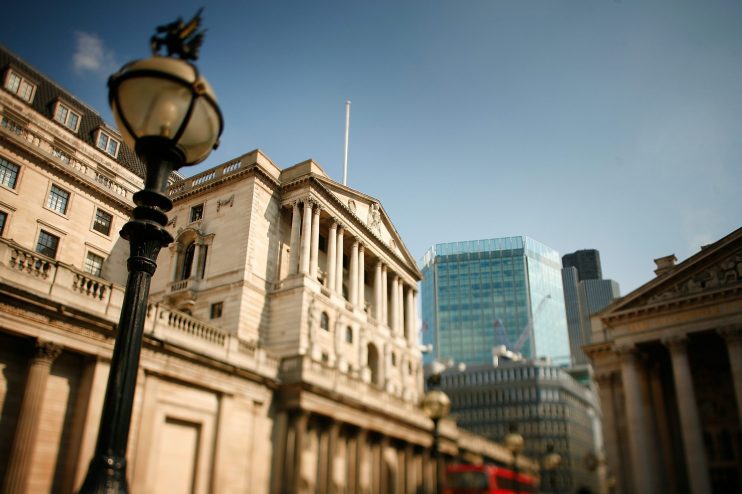Bank of England apologises for historic slave links

The Bank of England has apologised for the involvement of past governors and directors in the slave trade and vowed to remove all statues and paintings of them from its City headquarters.
New analysis of a University College London (UCL) database found that 25 previous governors and directors of the Bank of England benefited from slavery. It is not thought that that the Bank itself, which was founded in 1694, had direct links to the slave trade.
The list included prominent names such as Sir John Rae Reid, governor of the Bank of England between 1839 and 1841 and director of the West India Company, who was paid the equivalent of £7.1m in today’s money for giving up ownership of more than 3,100 people.
Other notable former Bank employees mentioned in the database were Jeremiah Harman, governor between 1816 and 1818, who owned 409 slaves and three plantations in St Kitts; Thomas Hankey Jnr, governor between 1851 and 1853, who owned 534 slaves and four estates in Grenada; and Alfred Latham, governor between 1861 and 1863, who owned 402 slaves and three estates in Jamaica, Nevis and Tobago.
The Bank of England last night said it would block images of former leaders linked to the slave trade in its Threadneedle Street building, adding that the slave trade was an “unacceptable part of English history”.
It comes as the UK faces a moment of cultural reckoning in response to the killing of unarmed black man George Floyd by a US policeman this month, which sparked protests across the globe.
Statues of slave owners have been torn down in cities across the UK including a state of Edward Colston in Bristol, statues of Robert Clayton and Thomas Guy at London’s Guy’s and St Thomas’ Hospital, and a monument to 18th century slave trader Robert Milligan in Tower Hamlets.
The UCL database traced the 47,000 people in the UK who received the modern-day equivalent of £2.4bn in compensation from the 1833 Abolition of Slavery Act.
Yesterday, three of the world’s biggest banking and insurance companies vowed to donate money to projects benefiting minority ethnic communities after their links to the slave trade were exposed.
Lloyds Banking Group, Royal Bank of Scotland (RBS), RSA Insurance said they would make payments after former executives of the companies were linked to the UCL database.